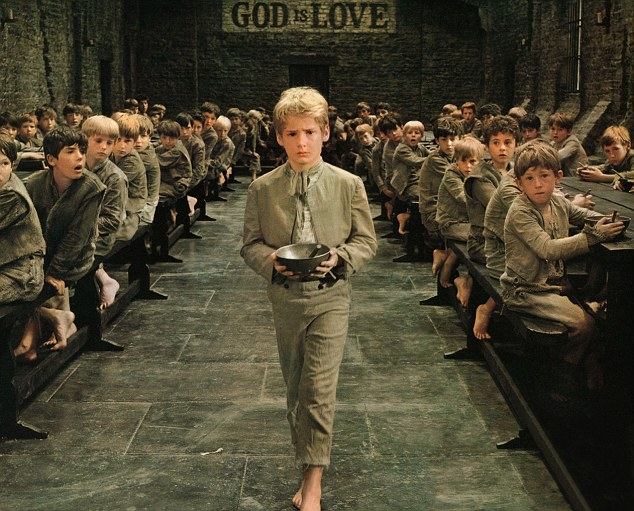Sermon: Matthew 5:21-37
I want to start today with a story. It’s about a minister of religion. He was very smart, capable, and well-loved within his church and the denomination he was part of. From the outside he was an outstanding preacher, a loving husband and father, a great teacher, and a shining example of successful ministry. When people had questions regarding their faith, about the bible, about life, quite often he was the first person they would turn to. As far as the denomination was concerned, he was on the rise; a future leader of the movement, and someone to keep an eye on. But it was all a shell. Hidden beneath the surface was a broken man. The image he had become accustomed to portraying to the world was not the reality of what was happening beneath the surface. One day, not so long ago, cracks appeared and the shell was broken and everything came crumbling down. He lost his wife, his family, his ministry. He lost everything. Sadly, this isn’t an uncommon story. What makes this story a...



